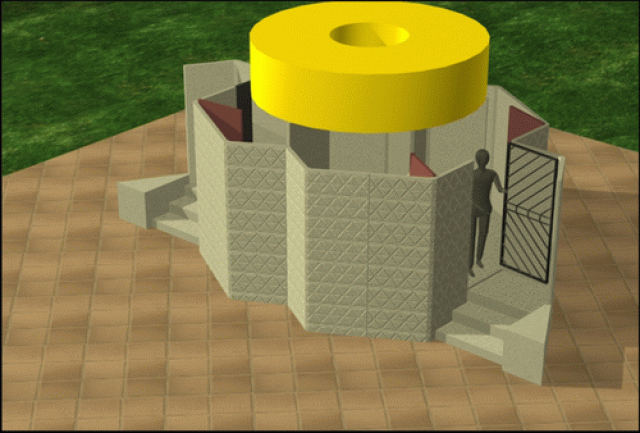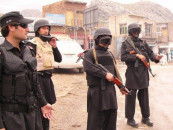In Islamabad, green belts are a better option than public toilets
Solid waste management system for rural areas in the works.

In capital, green belts are a better option than public toilets. PHOTO: CPLC
As people observe the World Toilet Day today, one may find it hard to believe that for around 40 per cent of the Islamabad’s residents, there are no public toilets at all. Over the years, the city administration has failed to construct even a single facility for 7.2 million people living in the capital’s rural areas.
“Across the world, public toilets are a relatively urban phenomenon,” Deputy Commissioner Amer Ahmad Ali told The Express Tribune, when his attention was drawn towards this sorry state of affairs.
However, he said, the administration was focusing on developing a solid waste management system for rural areas, adding that the construction of public toilets would be considered at a later stage.
When it comes to urban areas administered by the capital’s civic agency, the Capital Development Authority (CDA), the situation is not much better. The CDA has established 92 public toilets, mostly at marketplaces, wagon and bus stands, weekly bazaars for over 1 million urban population.

“Around 31 public toilets out of 92 are dysfunctional,” said an official of the CDA’s sanitation wing, requesting anonymity. The CDA does not directly operate the remaining toilets, so 61 functional toilets have been outsourced to three firms. “The amount the authority receives in return from one of these firms is Rs150,000 per annum,” the official added.
Nearly all the fixtures and fittings installed in 31 toilets have been stolen. “Not just water taps but iron water pipes and flushes have also been stolen by drug addicts from the dysfunctional toilets,” said a sanitary inspector.
Public toilets are in a shambles owing to a lack of maintenance by the contractors. “Contractors do not bother to maintain even those which are functional,” he added.
Most public toilets in markets have been taken over by shopkeepers. “Contractors often illegally rent out public toilets in markets to shopkeepers for a nominal monthly fee. Shopkeepers lock up the toilets throughout the day and open only when they need to,” the official said.
CDA spokesperson Asim Khichi said there was a proposal under consideration to construct 30 new public toilets on build, maintain and operate basis.
“To discourage vandalism by drug addicts, the authority might install fixtures and fittings made with material that has zero resale value.”
Khichi said contractors were asked to renovate 61 toilets but they were not ready to spend even a single penny. “The contractors had been served notices earlier but they did not comply and were subsequently issued fines.”
After taking back control of the 61 toilets, they will be given to firms on repair, maintain and operate basis, he added.
Published in The Express Tribune, November 19th, 2013.



















COMMENTS
Comments are moderated and generally will be posted if they are on-topic and not abusive.
For more information, please see our Comments FAQ